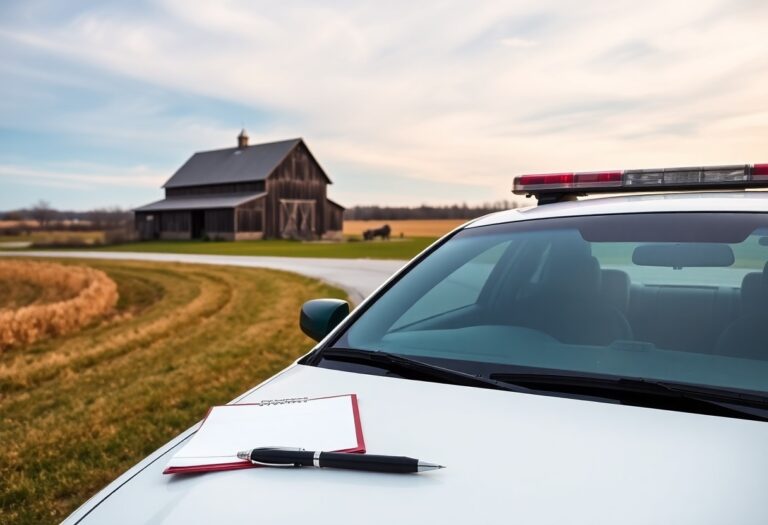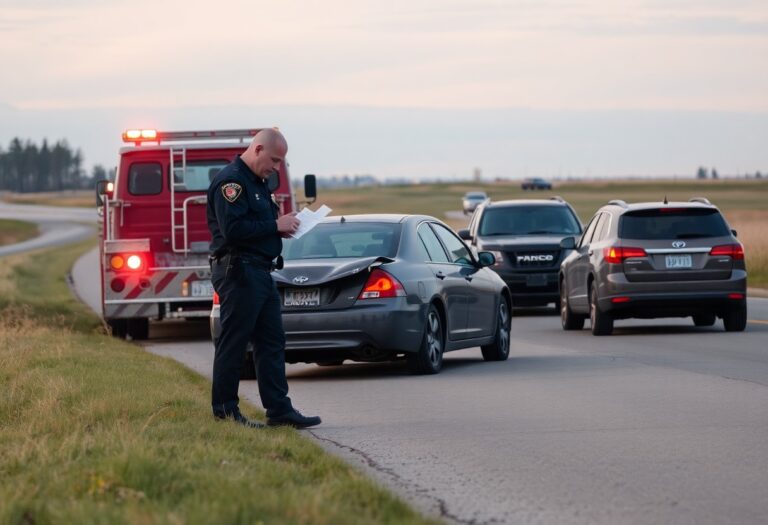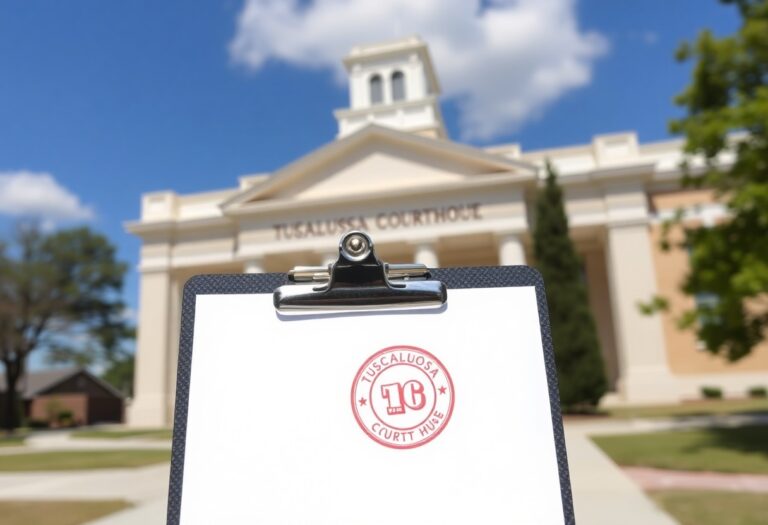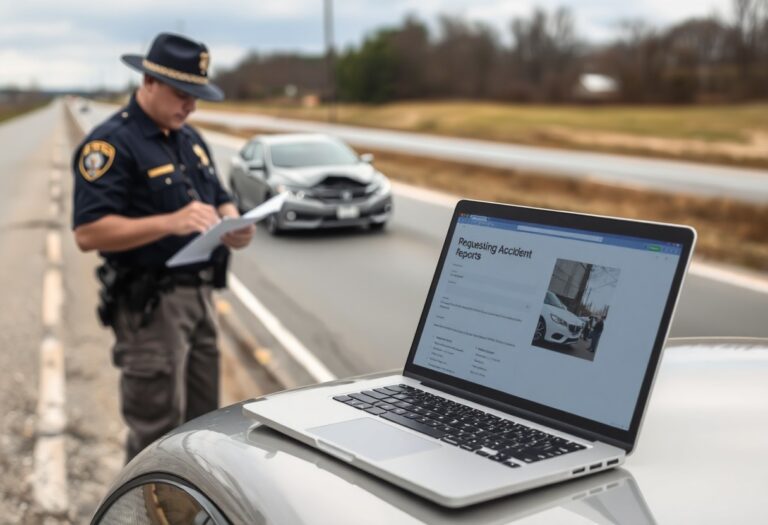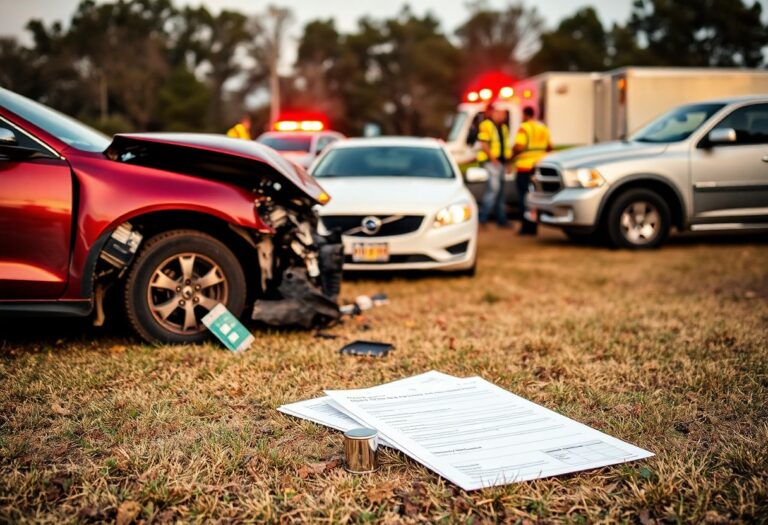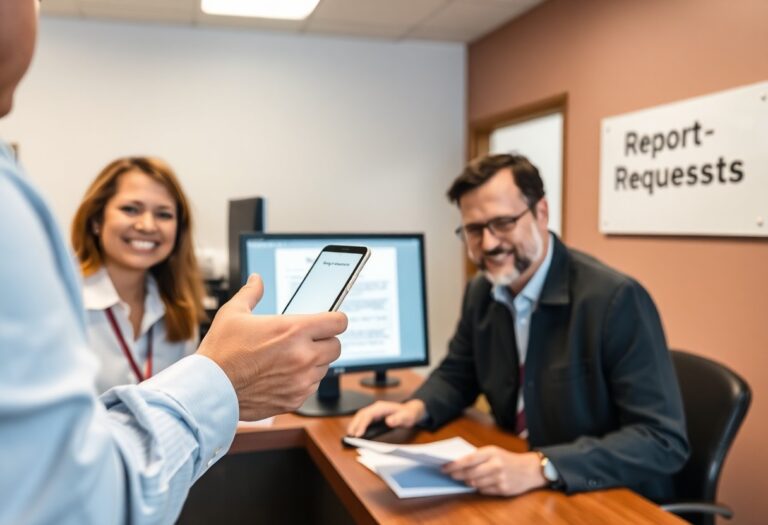Navigating the Basics of Car Accident Reports in Bowie County
Understanding car accident reports involves knowing their components and significance. Each report typically includes important details like the date, location, and time of the accident, along with statements from involved parties and witnesses. In Bowie County, these reports are filed through local law enforcement agencies, primarily the Bowie County Sheriff’s Office and the Texarkana Police Department. If you’re involved in an accident, obtaining the report not only helps you understand the incident better but can also be critical for insurance claims. Reports may also provide insight into traffic patterns at the accident site, aiding in preventative measures for the future.
The Essential Steps to Request a Car Accident Report
Requesting a car accident report in Bowie County requires a straightforward approach. Begin by gathering important details like the date, time, and location of the accident, as well as the involved parties’ names. From there, you can efficiently navigate the process by following the steps outlined, ensuring you obtain your report without unnecessary delays.
Identifying the Correct Law Enforcement Agency
Your first step in obtaining a car accident report is identifying the appropriate law enforcement agency that responded to the incident. In Bowie County, this could be the Texas Department of Public Safety, local police departments, or the county sheriff’s office, depending on where the accident occurred. Confirming which agency handled your case will guide you to the right department.
Understanding the Report Request Process
The process of requesting a car accident report typically involves filling out a formal request form, providing necessary details about the incident, and may require a fee for processing. Typically, reports can be requested online, via mail, or in person. Each agency has different protocols, so checking their website or contacting them directly can clarify their specific requirements.
To effectively understand the request process, familiarize yourself with each agency’s procedures. For example, if the Texas Department of Public Safety managed the accident, you can often request a copy of the report through their online services. Ensure you include all pertinent information such as your name, the involved parties, and the accident number if available. If submitting by mail, the typical processing time may extend up to 15 business days, while in-person requests can yield faster results. Having all required documentation ready will minimize wait times and enhance your chances of a smooth report retrieval.
Dissecting the Information on Your Accident Report
Your accident report is a detailed document that outlines the events and circumstances surrounding the incident. This report can play a significant role in understanding liability, assessing damages, and facilitating insurance claims. Reviewing the information meticulously helps you spot any discrepancies and ensures your version of the events is accurately captured.
Key Components of the Report
The report typically includes crucial details such as the date, time, and location of the accident, involved parties’ information, statements from witnesses, and the responding officer’s observations. It also contains specific data about your vehicle’s condition and diagrams illustrating the scene, which all contribute to a comprehensive understanding of what transpired.
Common Terms Explained
Familiarity with terms commonly found in car accident reports, such as “Point of Impact” (POI) and “At-Fault,” will aid you in interpreting the document more effectively. Knowing these terms helps you comprehend the report’s content and the implications they carry regarding liability and fault assessments.
For instance, “Point of Impact” refers to the exact location where the vehicles first collided, which is critical in determining the dynamics of the accident. On the other hand, “At-Fault” identifies who is deemed responsible for the crash based on the facts presented in the report. Understanding these terms can significantly affect how your claims are processed and how the situation is perceived legally.
Analyzing Common Delays and Obstacles in Report Acquisition
Acquiring a car accident report can sometimes be an arduous process due to various delays and obstacles. Often, the time it takes to obtain a report can be affected by factors such as the complexity of the accident, the workload of the law enforcement agency, or even the specific policies of the department handling the report. Delays can result in frustration, particularly when timely access to this information is vital for insurance claims or legal proceedings.
Potential Reasons for Delayed Reports
Several factors can lead to delayed reports, such as unprocessed paperwork, the need for further investigation, or missing documentation from involved parties. Law enforcement agencies may prioritize other ongoing cases, pushing your report down the queue. Additionally, the volume of requests during peak times can strain resources, which might hinder the speed at which reports are completed and disseminated.
Tips for Overcoming Barriers
You can take proactive measures to navigate around potential delays in obtaining your accident report. Always ensure that you submit all required documentation accurately and completely, as incomplete requests can cause significant hold-ups. Consider following up with the agency periodically to check on the status of your report. Utilizing online request systems can also expedite the process, allowing you to avoid long wait times at physical locations.
- Submit complete documentation with your request.
- Consider online systems for faster processing.
- Follow up regularly to stay informed.
The right communication and preparation can alleviate many of the potential barriers. Cultivating a rapport with officials and being persistent in your inquiries can lead to quicker resolutions. Having a clear understanding of the process allows you to be armed with knowledge, which can also instill confidence when navigating any pitfalls you may encounter.
- Stay persistent in your follow-ups.
- Utilize communication effectively with officials.
- Prepare to address any missing documents promptly.
Beyond the Report: Using Your Accident Information Strategically
Your accident report can serve as a powerful tool beyond just documenting the incident. By strategically utilizing the information contained in it, you can advocate for your rights, navigate the insurance claims process more effectively, or even enhance your understanding of the situation to better inform your next steps. Whether it’s securing compensation or analyzing liability, this document plays a pivotal role in shaping your post-accident experience.
What to Do After Receiving Your Report
Upon receiving your accident report, first check for accuracy in details such as names, dates, and vehicle information. If any discrepancies exist, address them immediately with the authorities. Next, analyze the report to understand how liability is determined, as this knowledge can guide your insurance discussions or potential legal actions. Consider sharing this information with your attorney or insurance agent, paving the way for informed discussions ahead.
How to Leverage Your Report for Insurance Claims
Using your accident report in the insurance claims process can significantly influence the outcome. The report outlines key facts such as who was at fault, witness statements, and clear descriptions of the incident, all of which can support your claim. By incorporating this evidence into your discussions with the insurance adjuster, you bolster your case for fair compensation.
For instance, if the report categorically states that the other party was at fault, use this to demand repairs for damages sustained and legitimate medical expenses. When the insurer refers to liability or contested aspects of your claim, the report serves as a factual backbone to counter their stance. Providing thorough documentation from the report, alongside your claims, can expedite the negotiation process and help ensure you receive the compensation you deserve.
Resources and Contacts: Where to Get Help in Bowie County
In Bowie County, several resources are available to assist you following a car accident. Knowing where to turn for support is important. Whether you need guidance on retrieving your accident report, legal assistance, or emotional support, reliable contacts are within reach, ensuring you are not alone in navigating the aftermath of an accident.
Local Law Enforcement Contacts
Your first point of contact after a car accident should be the local law enforcement agencies in Bowie County. The Bowie County Sheriff’s Office can be reached at (903) 798-3149, while the Texarkana Police Department’s non-emergency line is (903) 798-3116. Both agencies handle accident reports and can provide pertinent details regarding any incident.
Support Services for Accident Victims
After a car accident, accessing support services can significantly ease your recovery process. Organizations like the Taylor County Crisis Center offer emotional support and counseling for accident victims. Legal aid services, such as the Texas Advocacy Project, also provide assistance with any legal matters arising from your accident.
For those navigating the aftermath of a car accident, the availability of support services is vital. Programs often include counseling, legal advice, and help with insurance claims. The Texas Department of Insurance also has resources aimed at helping individuals understand their rights and options. Additionally, community support groups can connect you with others who have experienced similar situations, providing a sense of camaraderie as you work through recovery together.
Final Thoughts on Accessing Your Car Accident Report in Bowie County
Obtaining your car accident report in Bowie County can be a straightforward process if you follow the outlined steps. Utilize the online resources provided by the Bowie County Sheriff’s Office or visit their physical location for assistance. If the accident involved law enforcement, reaching out to the local police department may grant you access more rapidly. Always ensure that you have your incident number on hand, as it will expedite the retrieval process. Regardless of the method you choose, having your report is necessary for insurance claims, legal disputes, or personal record-keeping.







